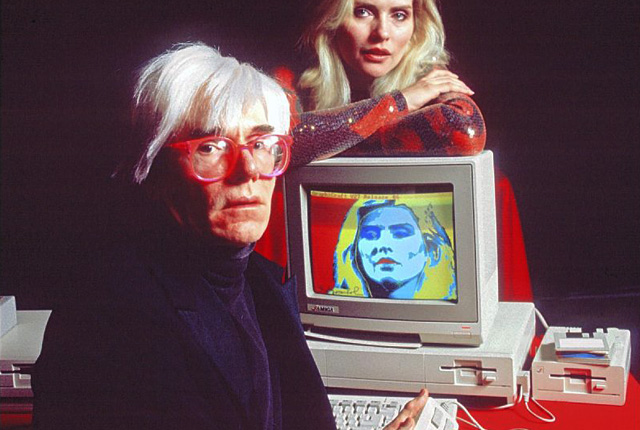When Russian oligarch Dmitry Itskov vows that by 2045 we’ll be able to upload our consciousness into a computer and achieve a sort of immortality, I’m perplexed. Think about the unlikelihood: It’s not a promise to just create a general, computational brain–difficult enough–but to precisely simulate particular human minds. That ups the ante by a whole lot. While it seems theoretically possible, this process may take awhile.
In his latest excellent Atlantic article, Princeton neuroscientist Michael Graziano plots the steps required to encase human consciousness, to create a second life that sounds a bit like Second Life. He acknowledges opinions will differ over whether we’ve generated “another you” or some unsatisfactory simulacrum, a mere copy of an original. Graziano’s clearly excited, though, by the possibility that “biological life [may become] more like a larval stage.”
An excerpt:
Let’s presume that at some future time we have all the technological pieces in place. When you’re close to death we scan your details and fire up your simulation. Something wakes up with the same memories and personality as you. It finds itself in a familiar world. The rendering is not perfect, but it’s pretty good. Odors probably don’t work quite the same. The fine-grained details are missing. You live in a simulated New York City with crowds of fellow dead people but no rats or dirt. Or maybe you live in a rural setting where the grass feels like Astroturf. Or you live on the beach in the sun, and every year an upgrade makes the ocean spray seem a little less fake. There’s no disease. No aging. No injury. No death unless the operating system crashes. You can interact with the world of the living the same way you do now, on a smart phone or by email. You stay in touch with living friends and family, follow the latest elections, watch the summer blockbusters. Maybe you still have a job in the real world as a lecturer or a board director or a comedy writer. It’s like you’ve gone to another universe but still have contact with the old one.
But is it you? Did you cheat death, or merely replace yourself with a creepy copy?•
Tags: Michael Graziano

